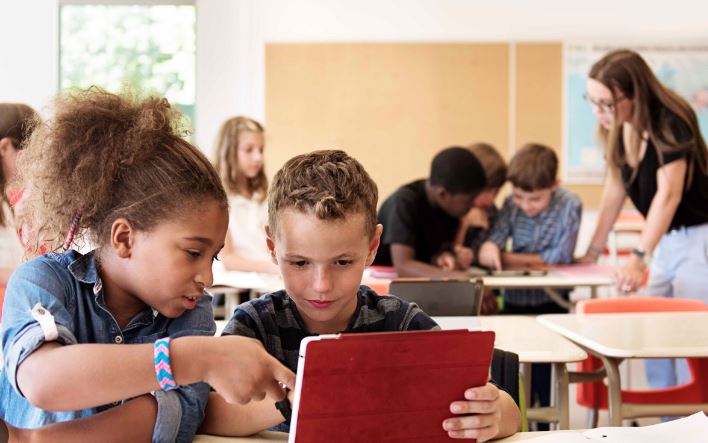In today’s interconnected world, global citizenship has become an essential skill for students. It goes beyond mastering academic subjects; it involves cultivating a sense of social responsibility and an awareness of the world’s pressing issues. Schools have a crucial role in nurturing global citizens who are equipped to make a positive impact on their communities and the world at large. In this article, we explore the importance of teaching global citizenship and how schools can foster a sense of social responsibility among their students.
- Developing Cultural Awareness:
Teaching global citizenship starts with developing students’ cultural awareness and understanding. Schools can provide diverse learning experiences that expose students to different cultures, languages, and traditions. Through cultural exchanges, discussions on global issues, and exposure to international perspectives, students can develop a sense of empathy, respect, and appreciation for cultural diversity. This understanding lays the groundwork for students to become responsible global citizens who value inclusivity and equality.
- Encouraging Compassion and Empathy:
Schools can play a vital role in fostering compassion and empathy among students. By incorporating service-learning projects, community engagement initiatives, and volunteering opportunities, educators can provide hands-on experiences that allow students to connect with individuals and groups in need. These experiences expose students to real-world challenges and encourage them to empathize with others’ struggles. By cultivating compassion, schools help students develop a strong sense of social responsibility and motivate them to take action to make a difference.
- Promoting Critical Thinking and Problem-solving:
Global citizenship requires critical thinking skills to effectively analyze complex global issues. Schools can foster critical thinking by encouraging students to question, analyze, and evaluate information from various sources. Engaging students in active discussions, debates, and research projects on topics related to global sustainability, social justice, and human rights can help them develop a deeper understanding of the world’s challenges. By challenging students to think critically, schools empower them to become informed global citizens who can contribute meaningfully to solving global problems.
- Encouraging Civic Engagement:
To foster a sense of social responsibility, schools must encourage active civic engagement among students. This can be achieved by providing opportunities for students to participate in student-led organizations, community service projects, and awareness campaigns on local and global issues. Through these experiences, students learn the importance of being active participants in their communities and gain a sense of agency in shaping a better future. By empowering students to take action and make their voices heard, schools create a generation of global citizens who are actively involved in creating positive change.
- Cultivating Global Skills and Mindset:
Teaching global citizenship involves equipping students with the necessary skills and mindset to navigate an interconnected world. This includes fostering cross-cultural communication skills, promoting teamwork and collaboration, and developing the ability to adapt to diverse situations. Schools can integrate global perspectives into their curriculum, incorporate technology that connects students with peers from around the world, and provide opportunities for students to engage in international exchanges. These experiences help students develop a global mindset, enabling them to appreciate diverse perspectives, work effectively in multicultural environments, and find innovative solutions to global challenges.
Conclusion:
Teaching global citizenship and fostering a sense of social responsibility in schools is crucial for preparing students to thrive in a globalized world. By developing cultural awareness, encouraging compassion and empathy, promoting critical thinking and problem-solving, encouraging civic engagement, and cultivating global skills and mindset, schools can shape responsible global citizens who are ready to address the world’s most pressing issues. Through these efforts, schools play a pivotal role in nurturing a generation that prioritizes social responsibility and actively works towards creating a more just and sustainable world.




